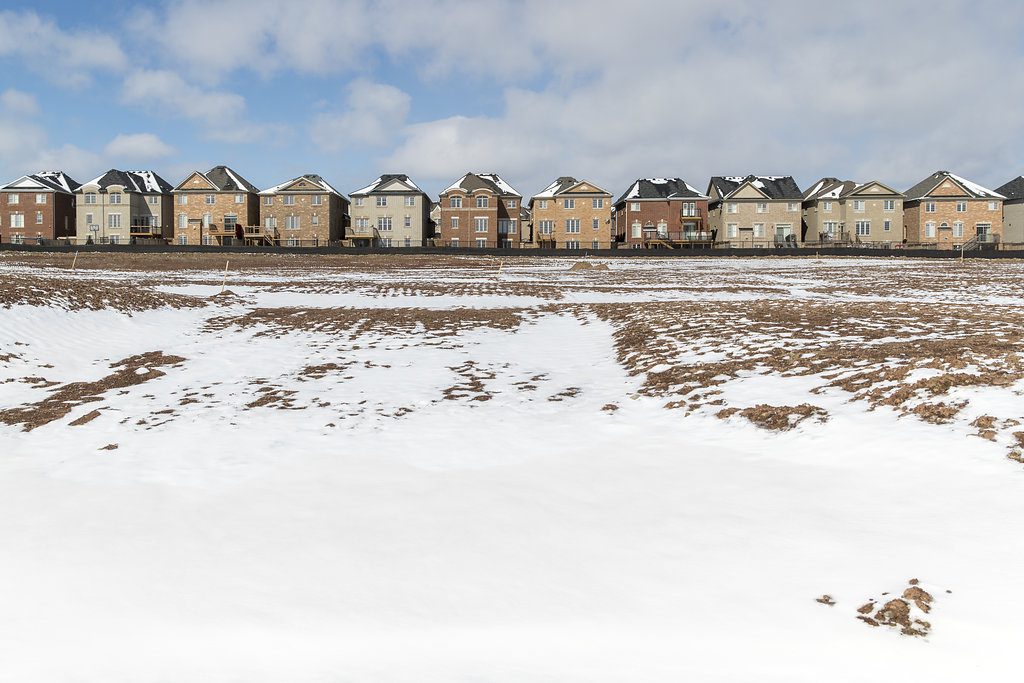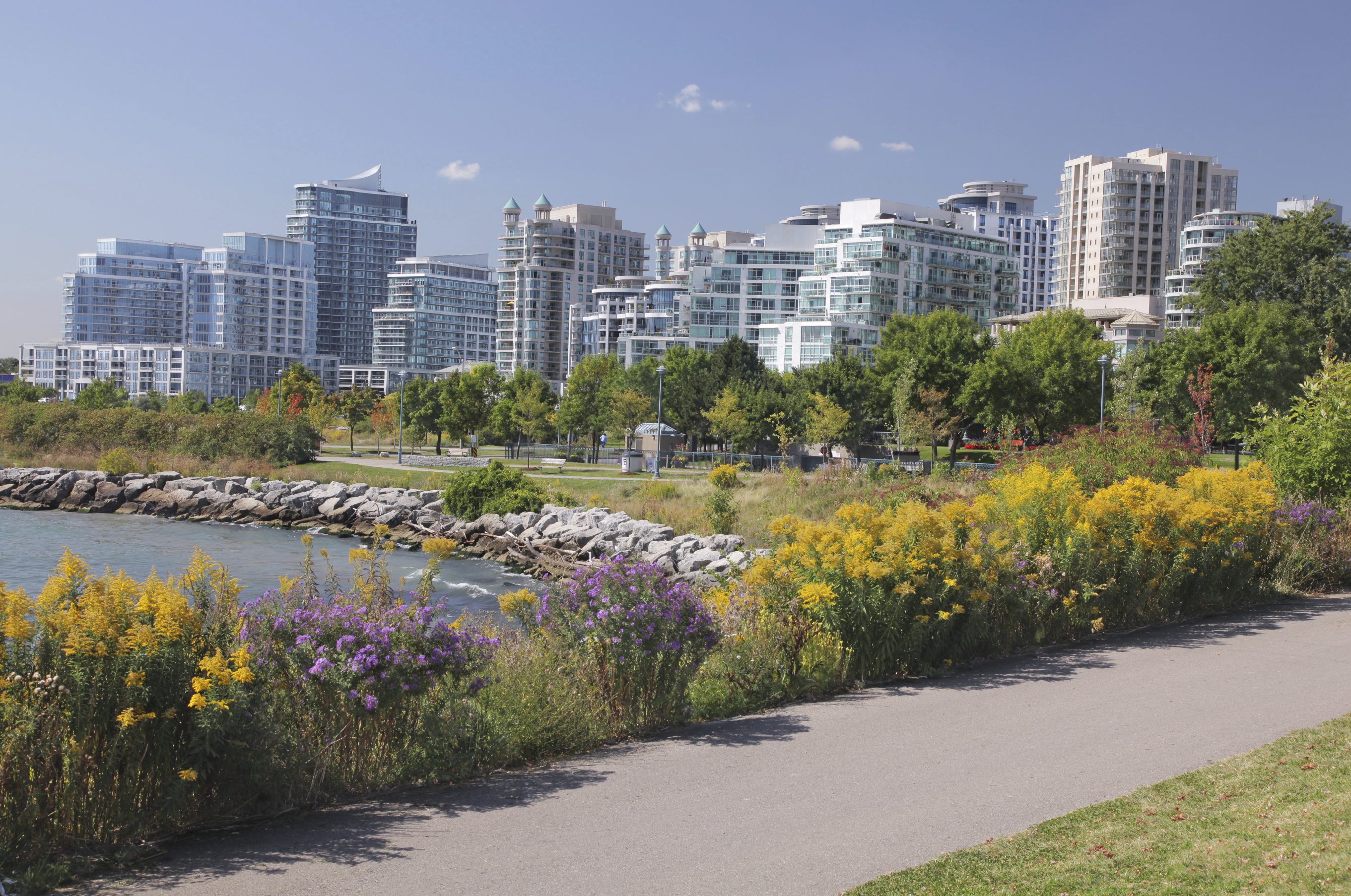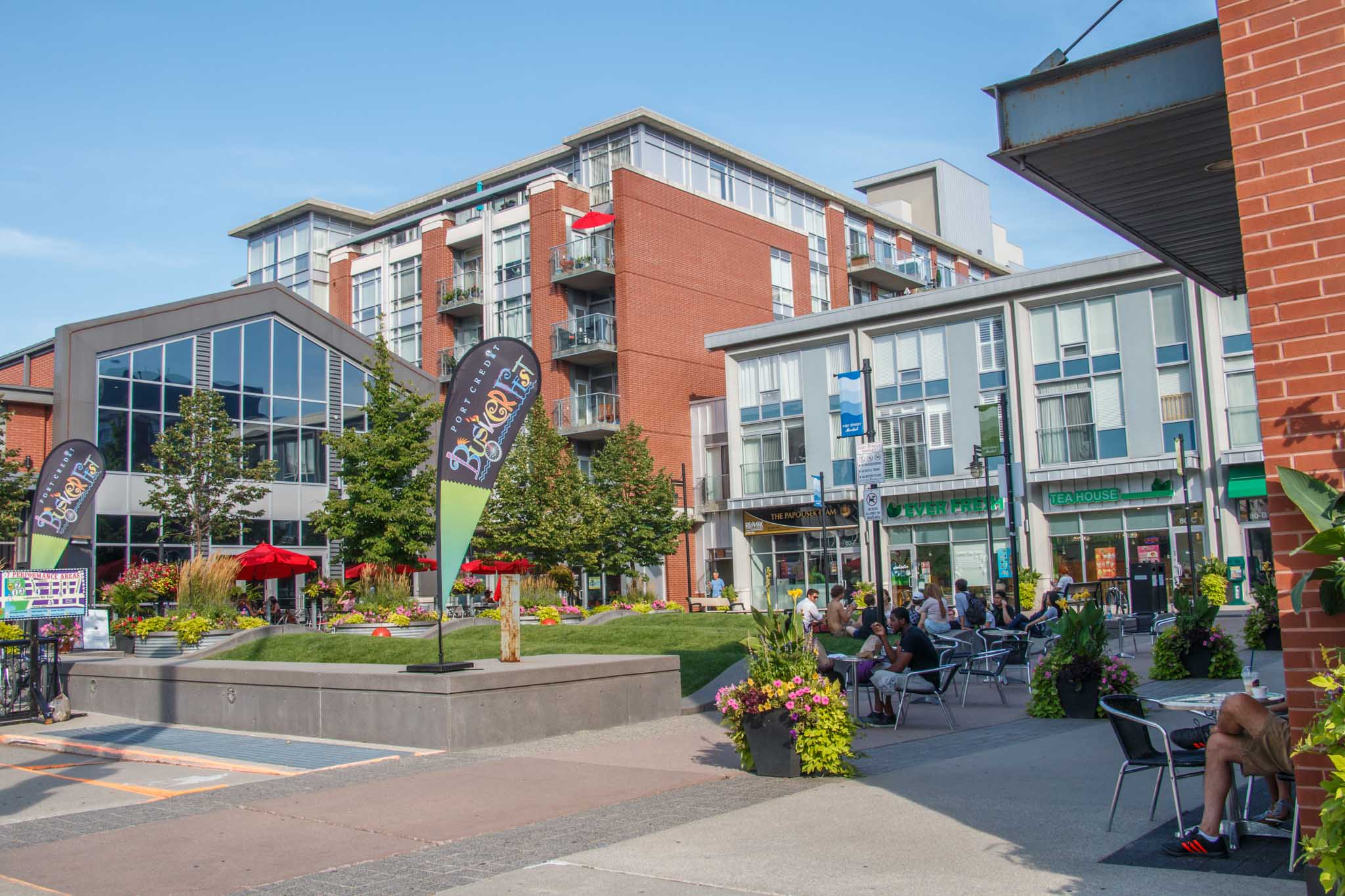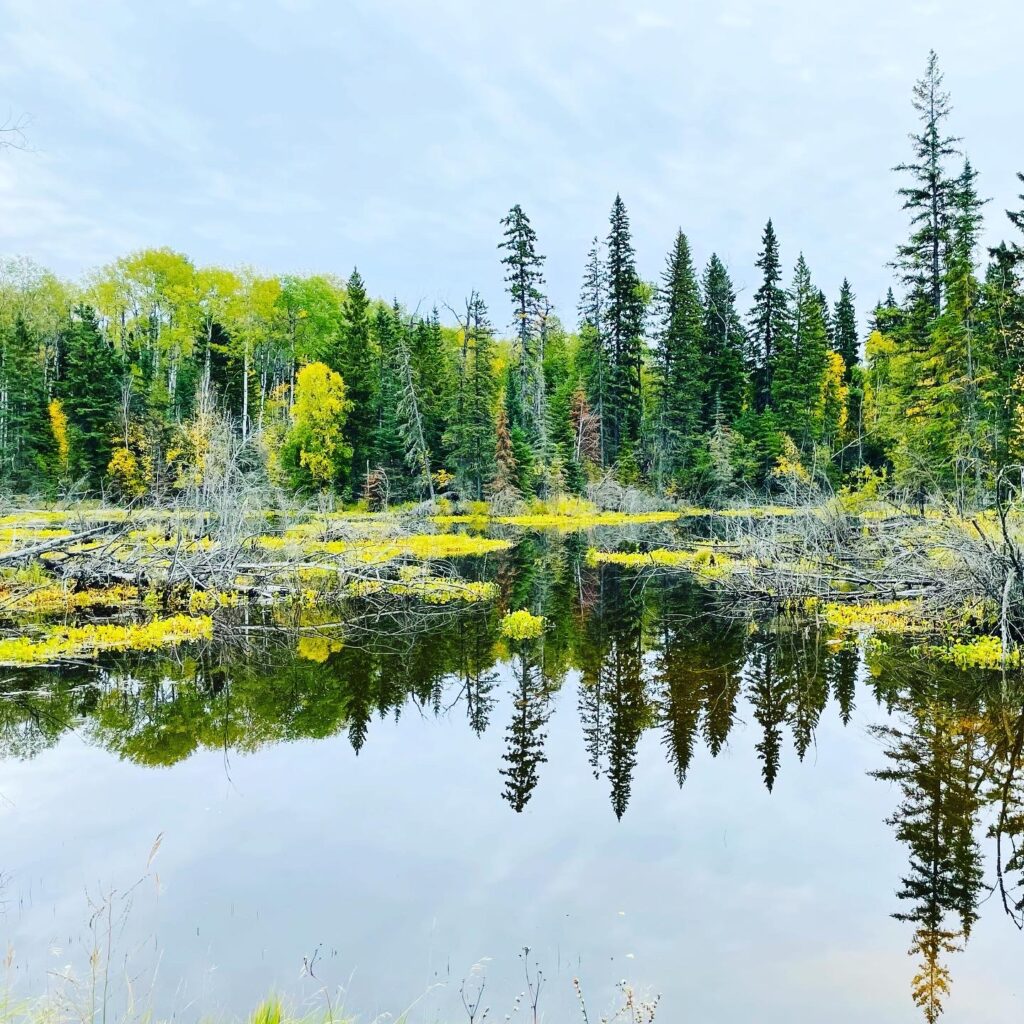In the words of former Ontario Environmental Commissioner Diane Saxe, urban sprawl is Ontario’s tar sands. At first pass this may seem like hyperbole. After all, subdivisions on cornfields don’t look like open pit mines surrounded by trillions of litres of toxic tailing ponds. But a deeper look shows Ontario and Alberta have similar challenges maintaining the political will to address the economic, social and environmental costs of industries that are unsustainable.

These are some of the consequences of sprawl:
- Carbon emissions from transportation continue to climb in Ontario, led by more and more vehicles driven ever further by commuters forced to move to the outer edges of cities to find housing
- Housing is our second largest source of greenhouse gas emissions and large single family homes are energy hogs
- Farmland is paved over, forests cut down and wetlands filled in every time a new subdivision is built
- Human health is compromised by too much time spent in cars, by suburban and urban landscapes without enough spaces for people to walk or bike, and by poor air quality caused by tailpipe emissions
- Our economy is impacted as property taxes go up to support sewer and other pipes, more roads and buried wires in low density cities, while productivity drops because of gridlock, stress and health impacts.
Ontario had been making some small progress to reduce sprawl and encourage more sustainable cities, until the current provincial government began a wholesale attack on the planning rules to make building sprawl a lot easier. They are doing so to repay the political support of sprawl developers and because of a mindset that says that private landowners should be able to maximize their profits, regardless of the expenses they inflict on the rest of society.
Similar pressures from those with power and money exist in many Canadian cities, where they are driving a sprawl agenda with equally devastating impacts.
Fortunately, the public is becoming more aware of the benefits of better organized cities that prioritize people over cars, livability over corporate convenience and health over short term profits.
That is why I, on behalf of Environmental Defence, am glad to be part of the 2020 Declaration for Resilience in Canadian Cities. The Declaration is inspired by the awareness of the need for change caused by COVID-19. The pandemic underscores a pre-existing need to rethink our relationship to urban design, land-use, urban growth and mobility. The pandemic brings the critical failings of the existing system into sharper focus and helps us articulate a clearer path forward.

The Declaration puts forth 20 key actions under the headings of Ensuring the Responsible Use of Land, Accelerating the Decarbonization of our Transportation Systems, and Embracing Sustainability of our Built and Natural Environment.
Responsible Use of Land ideas include encouraging co-housing, laneway housing and multi-tenant buildings in the core of our cities, while legislating a ban on expanding urban boundaries onto farmland. Accelerating the Decarbonization of our Transportation Systems means doing things like enacting congestion pricing policies, and dedicating 100 per cent of the revenues to public transportation expansion. It also means incorporating protected bike lanes and the principles of universal design into a contiguous “everywhere-to-everywhere” network that makes cycling a safe mobility choice for people of all ages and abilities in every neighbourhood. Embracing Sustainability of our Built and Natural Environment.can be achieved by actions like ensuring 100 per cent of municipal operations are powered by clean energy sources, ending the dumping of untreated sewage outflows into lakes, streams, and waterways and enacting a funded, detailed plan to achieve a 40 per cent urban tree canopy.
Together, these actions will help change the future of cities so that they develop in a direction that increases human prosperity, enhances ecosystem health, makes our lives more enjoyable and helps us fight climate change.
We cannot let the crisis of the pandemic end with a return to the unsustainable past. We have a pivotal chance to shape a better future. You can help us make it real by supporting the Declaration, telling people about it, and demanding that our leaders implement it.
Your support during these uncertain times is crucial for us to continue our work in protecting the environment and the health of our communities. If you can, please make a contribution to support our efforts.
Stay up-to-date on environmental issues. Join our email community.









